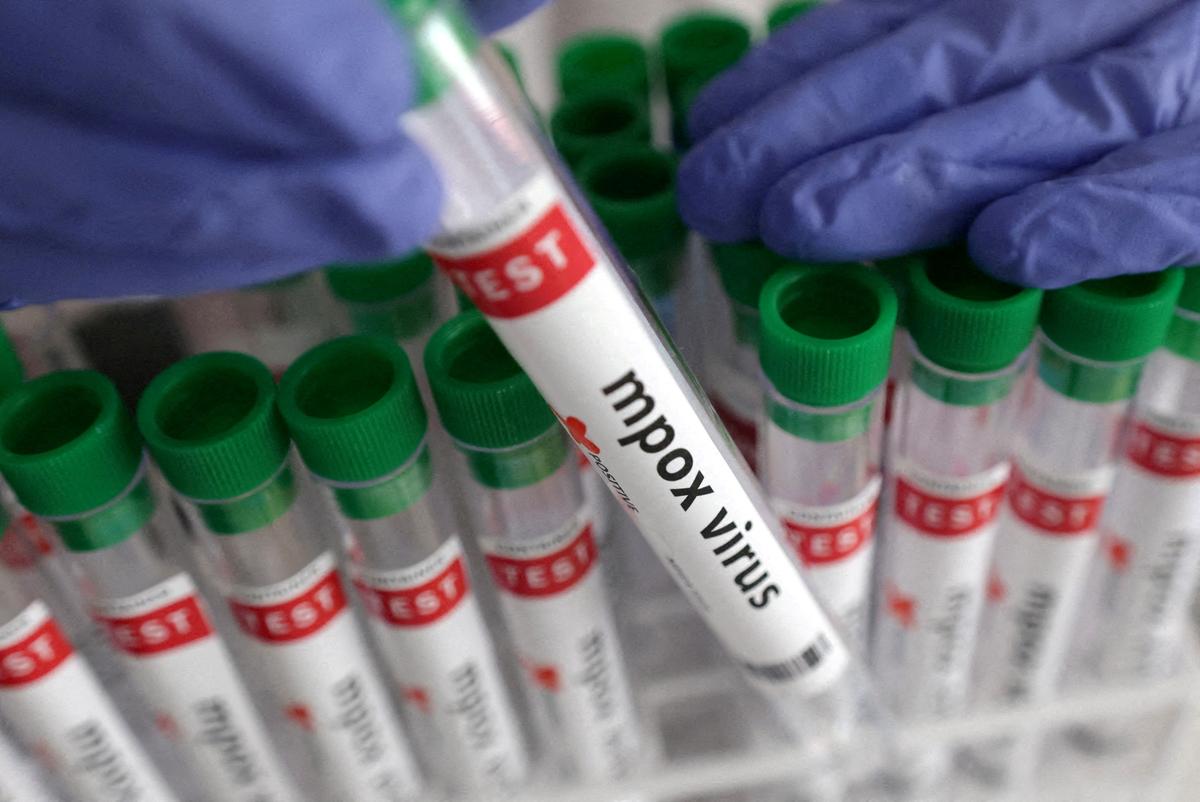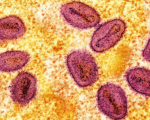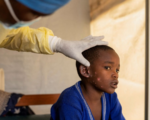India Detects First Case of Highly Contagious Mpox Clade 1b Variant in Kerala

Kerala Confirms India’s Initial Mpox Clade 1b Infection in a 38-Year-Old Male Patient.
India has confirmed its first case of the highly transmissible mpox Clade 1b variant in Kerala, marking a significant development in the country’s public health landscape. The infected individual, a 38-year-old man, recently returned from Dubai, where the outbreak has been linked to increasing cases of this variant. Mpox, formerly known as monkeypox, presents symptoms that include painful skin lesions and flu-like symptoms, and it can lead to severe complications if not treated promptly.
Understanding the Mpox Clade 1b Variant
The newly identified Clade 1b strain is particularly concerning due to its heightened transmissibility. It has been associated with recent outbreaks in several African countries, raising alarms about its potential to spread beyond its current geographic limits. This strain is considered more infectious than the earlier clade 2 strain, which has been the dominant variant in India for the past two years. Public health experts are closely monitoring the situation, emphasizing the need for heightened awareness and preventive measures among the population.
Case Details and Health Response
Manisha Verma, a spokesperson for the Health Ministry, confirmed that the patient hails from Malappuram district and is currently receiving treatment in a hospital. Health authorities have initiated contact tracing protocols, reaching out to approximately 66 individuals, including friends, family, and passengers who shared a flight with the infected man. As of now, health officials have reported that none of these contacts have exhibited any symptoms, suggesting that the virus may not have spread significantly within this group.
Background on Mpox in India
Over the past two years, India has reported more than 30 cases of mpox linked to the older and less infectious clade 2 strain. These earlier cases prompted health officials to develop guidelines for diagnosis, treatment, and prevention. However, the emergence of the Clade 1b variant poses new challenges, necessitating a reevaluation of existing public health strategies. The rapid spread of this variant, particularly in regions where outbreaks have occurred, underscores the importance of international cooperation in monitoring and managing infectious diseases.
Transmission and Prevention Measures
Mpox spreads through close human contact, including skin-to-skin contact, sexual activity, and respiratory droplets. This makes it critical for individuals to practice good hygiene and be vigilant about any symptoms. Health officials are advising the public to avoid close contact with anyone displaying signs of illness and to seek medical advice if they suspect exposure to the virus. Increased awareness campaigns are expected to be launched to educate communities about the risks associated with mpox and the importance of timely medical intervention.
Looking Ahead
As India navigates this new case of the mpox Clade 1b variant, health authorities are committed to implementing robust monitoring and response measures. The cooperation between various health agencies and the public will be vital in preventing any potential outbreak. Continued surveillance, testing, and public education will play crucial roles in managing the situation. With global health organizations keeping a close watch, the hope is that swift action can mitigate the risks associated with this highly transmissible strain of mpox.
Conclusion
The detection of the mpox Clade 1b variant in India highlights the ongoing challenges posed by emerging infectious diseases. As the nation gears up to respond to this new threat, a coordinated effort between health authorities, the government, and the public will be essential to ensure that any potential spread is contained effectively. The situation remains dynamic, and updates will be crucial as more information becomes available.

















